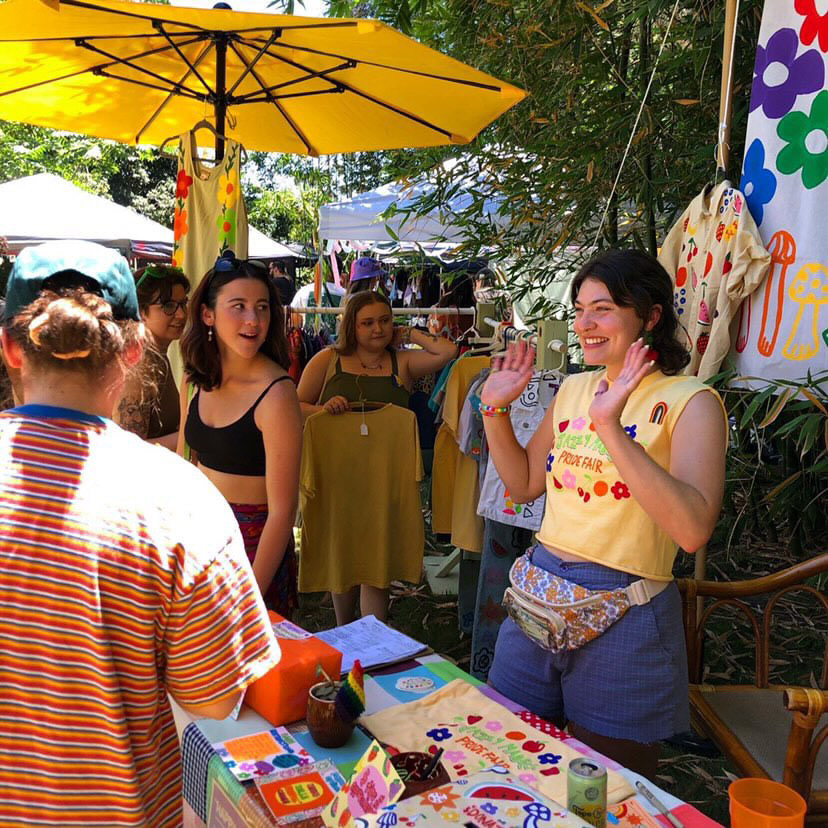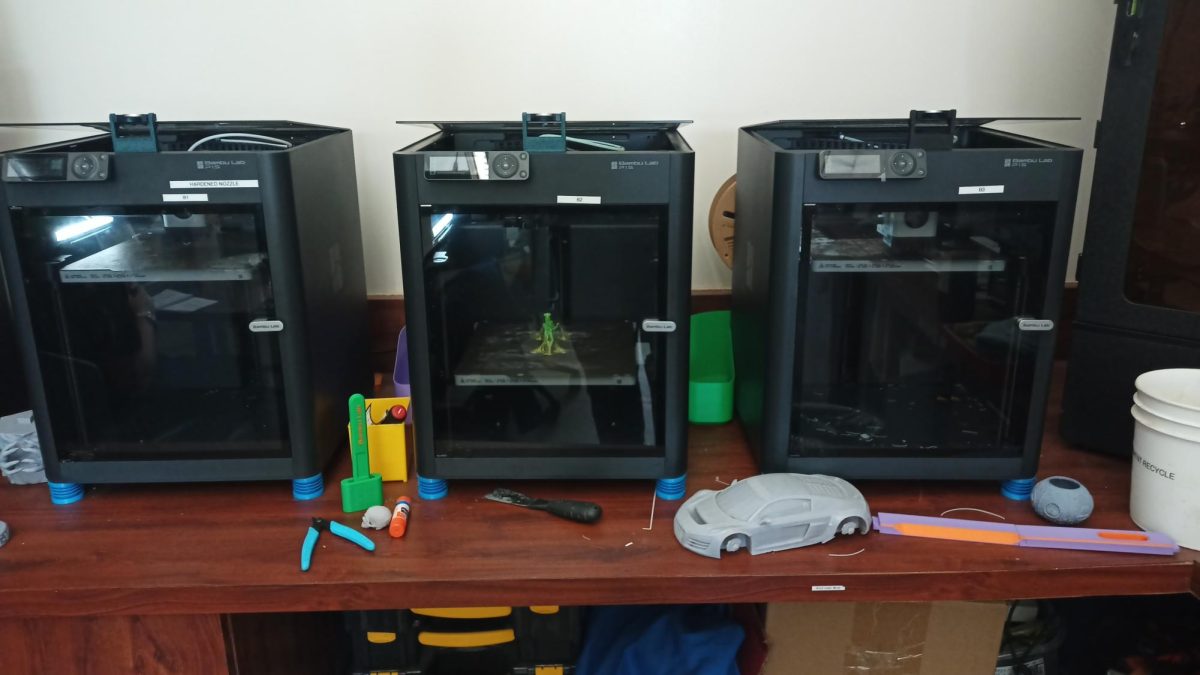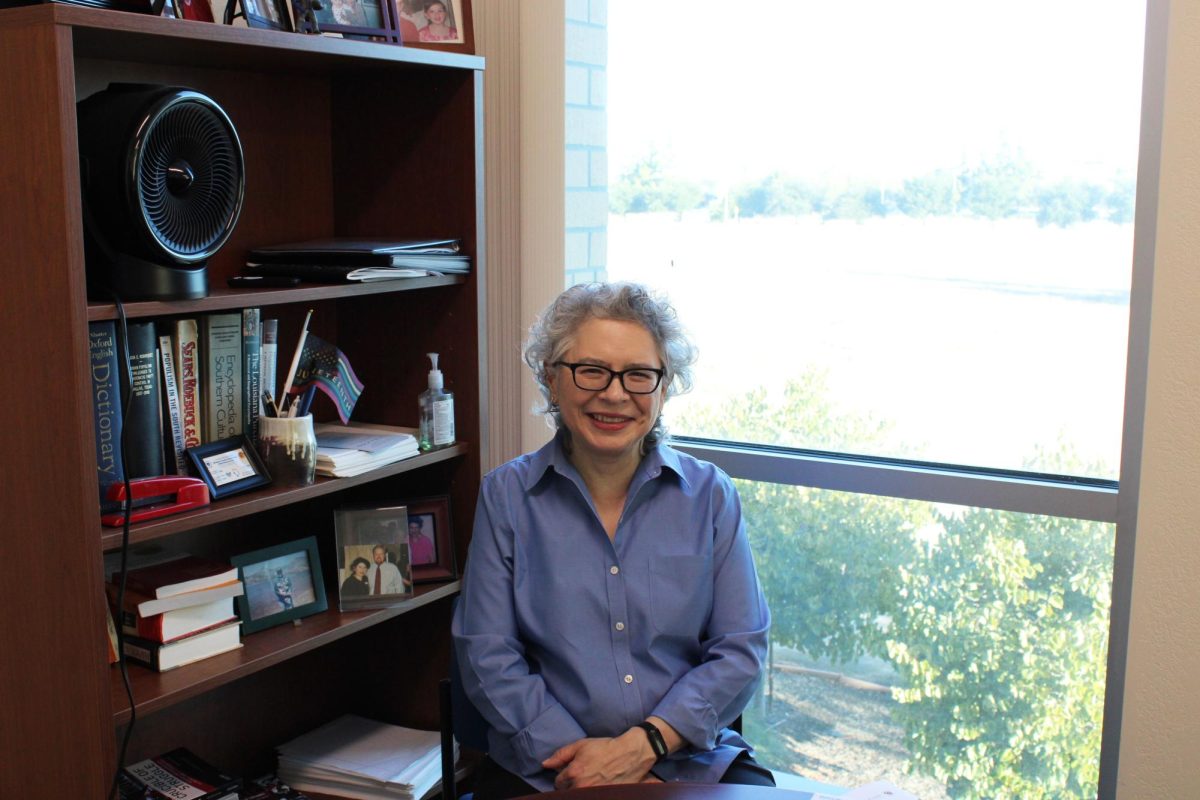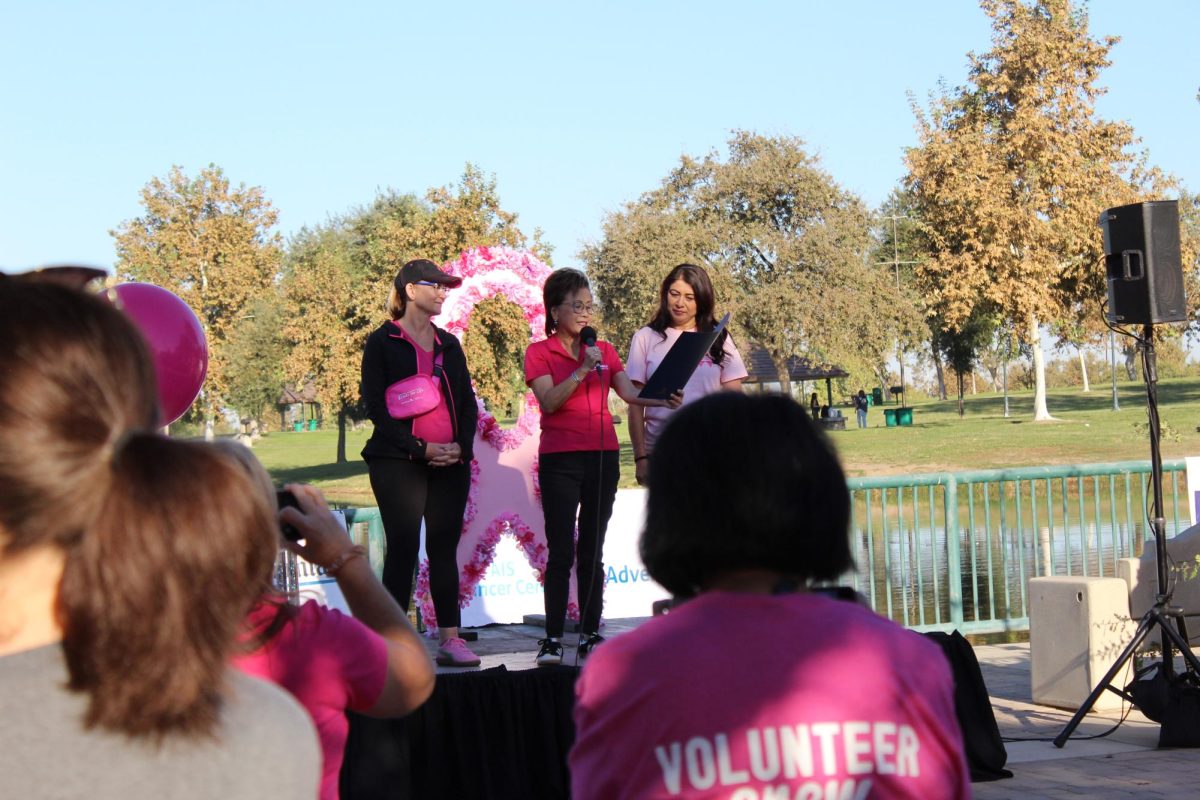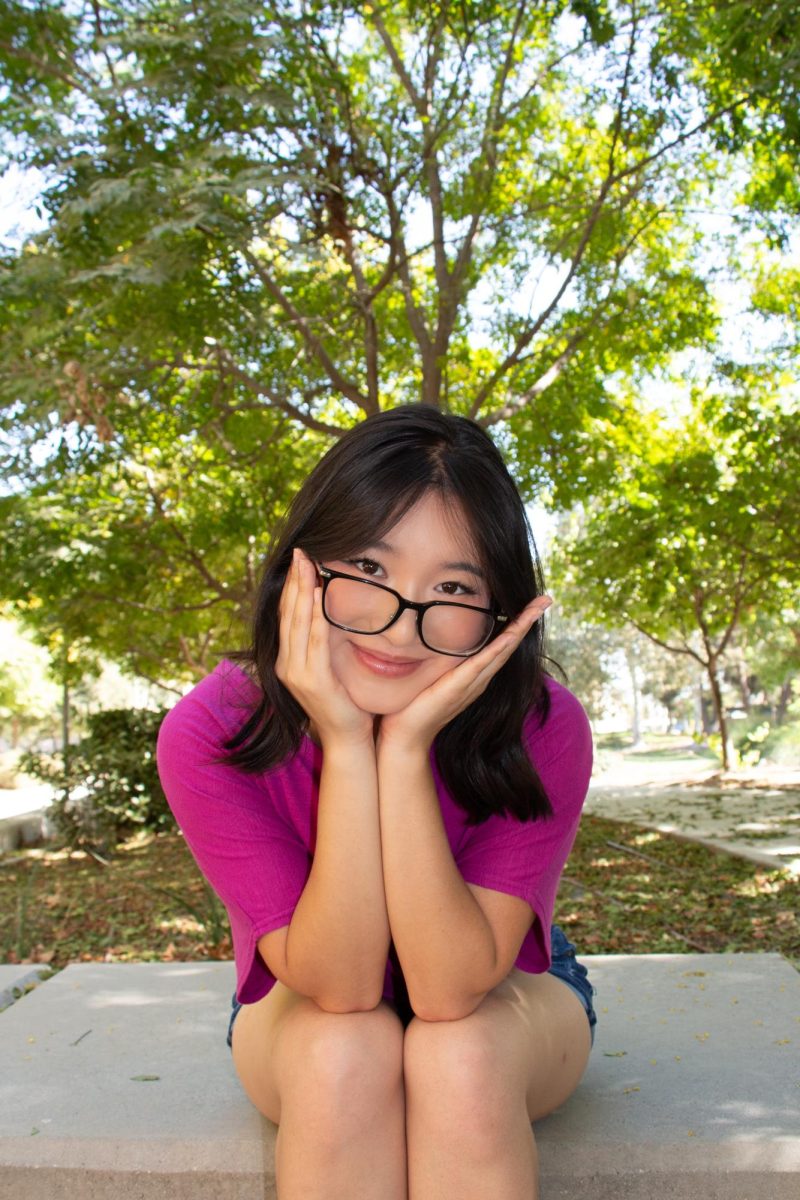Reporter
The 11th annual Gender Matters Symposium, hosted by Club GEN, took place at CSU Bakersfield on Feb. 12, 2019.
Since the first Gender Matters Symposium in 2009, topics have included gender roles, sexuality, self-love, gender and politics, scientific research and approaches to gender, domestic violence, and a number of others related to women, gender, and sexuality studies.
Debra L. Jackson, interim associate dean of graduate and undergraduate studies, has been involved in the Gender Matters Symposium for years.
She talked about how the event has evolved over the years, and how it began with an event called the Speaker Series. “Not only does it do what the speaker series did… but it also gives students the opportunity to share their own research about gender studies,” Jackson said.
She also mentioned that the symposium incorporates interdisciplinary studies, which creates a type of deeply inclusive and relevant conversation. Jackson said that the event not only offers resources to students on and off campus, but it gives students an opportunity to network with members of the community.
This year’s event shed light on the challenges that transgender and gender non-conforming people face as students and members of the community. Speakers, visual art, poetry, and a panel called Reclaiming Spaces: strategies for creating inclusive and supportive environments for trans and gender non-conforming students in higher education gave the audience of the symposium a fuller idea of these challenges.
Among students and community members speaking at the event, keynote speaker Kavi Ade shared his experience as a black, transgender man.
Samantha Delacruz, senior psychology and women, gender, and sexuality studies double-major as well as Club GEN president said, “[Kavi] rally put in his own perspective that you wouldn’t think about.”
Delacruz mentioned that Kavi Ade also inspired audience members when discussing topics such as privilege, disadvantages, liberation, and activism.
Another student, Delila Solis, senior sociology major, presented a major issue for transgender and gender non-conforming students that resides just below the surface: gendered language usage and materials in the classroom.
They discussed gendering in literature and the lack of representation for the LGBTQ community beginning in early education and continuing through to higher education institutions.
“There is definitely a role that language plays in our socialization and how we share cultural meanings and values… so giving a tangible plan for de-gendering our language is a really good way for everyone to be a part of this movement,” Solis said.
Another student, junior art education major, Rene Upton spoke on the panel at the symposium, answering questions presented by the moderator and members of the audience.
Upton also presented an art piece entitled “Eve.” Upton presented a nude painting of a trans-body with bruising. “I wanted to allude to the sexuality of it, but also the potential violence of it,” he said.
When asked what others can do to create an inclusive and understanding environment for our trans and gender non-conforming peers, Delacruz expressed the importance of using someone’s preferred pronouns.
“Students have to fight for their pronouns to be recognized. Those are microaggressions that build up,” said Delacruz.
Additionally, Delacruz, Solis, and Upton each gave the same piece of advice. “Educate yourself,” they each said.
Resources can be found in the community and at the Multicultural Alliance and Cultural Equity Center on campus. MAGEC is also home to Jai’s Library, in dedication to Jai Bornstein. The library features books that discuss gender and sexuality as well as transgender and gender non-conforming issues. Club GEN and faculty members with “Safe Zone” training are human resources also available at CSUB.







